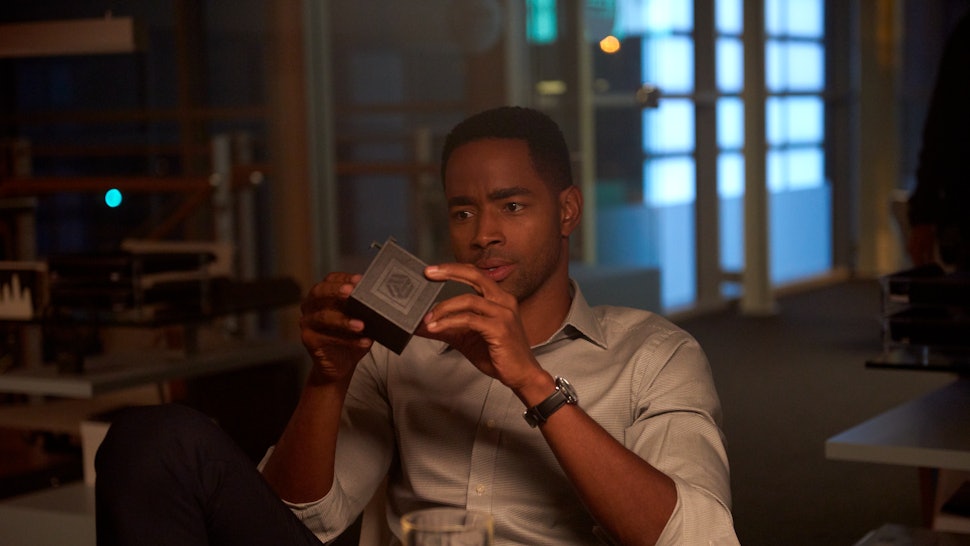Every year forty million red crabs migrate across Australia’s Christmas Island. On that same island, the Australian government houses thousands of asylum seekers and hold them there indefinitely. These two forms of migration happening simultaneously is the subject of Gabrielle Brady’s Island of the Hungry Ghosts. On an island far from the mainland, the Australian government sends these migrants to an island where human rights are violated, but go unseen in their remote isolation. With abstract punctuation, Brady raises awareness on the injustices that evade our eyes and the lingering ghosts that come from humanitarian violations.
Aesthetically, the documentary is very cinematic. At times, Island of the Hungry Ghosts feels fictionalized because of how it is put together. The film is shot in a wide aspect ratio, and the shooting style is reminiscent of a fictional drama than it is a documentary. The boundary of documentary and fiction are blurred which lends itself to the elevated feeling of “I can’t believe this is happening.” It is often so powerful that you often have to remind yourself that all this is real and taking place under the Australian government’s watch and not a dramatized film.
In tandem with this style is how the film edits itself together. It blends three story lines together, all of which contribute to the similar ideas surrounding migration, injustice, and suffering. One of which sees red crabs migrating across the island, the other a community paying tribute to deceased Chinese migrants who live as ghosts, and lastly a trauma counselor helping asylum seekers on the island. On the surface and as I describe it to you, these three may seem disparate, but together they feed into the same abstract idea. In a loose and fluid manner, the documentary modulates between these three with lyrical prose, evoking art house mentalities to connect these three through lines and generating an overall feel from the film.
Above all else is how the documentary underscores the injustice at these holding facilities. Through therapy sessions, we hear first hand testimony of the trauma these individuals go through after already leaving countries that are unsafe. Audiences never see the inside of the facility itself, but we can visualize the cruelties carried out there. Two thirds of the way through there is one session that will move you to tears at the inhumanity detainees experienced and the endless uncertainty that comes with indefinite detention. Though this is reflecting Australian migration policy, it’s message extends to that of America, and how our own government treats asylum seekers. The infraction of one country shown in the doc extends and raises awareness on all countries and their role in helping humanitarian crises.
The film is most effective when told through the trauma counselor and the target subject is at hand. When we move to the other two storylines, audiences have to think abstractly and pull notions about migration and forgotten, out of sight injustices to tie the whole piece together. In a very sophisticated way, Island of the Hungry Ghosts will make you meditate on a timely global issue that we all too often turn a blind eye to.
3.75/5 Stars
Island of the Hungry Ghosts will be playing at North West Film Forum on March 20th at 7:30pm.









